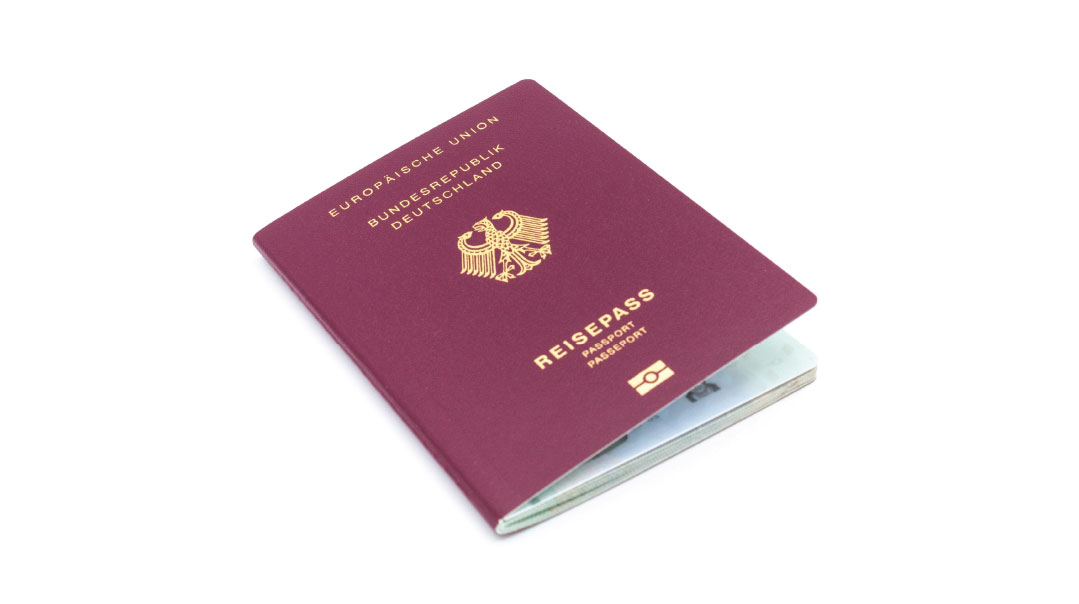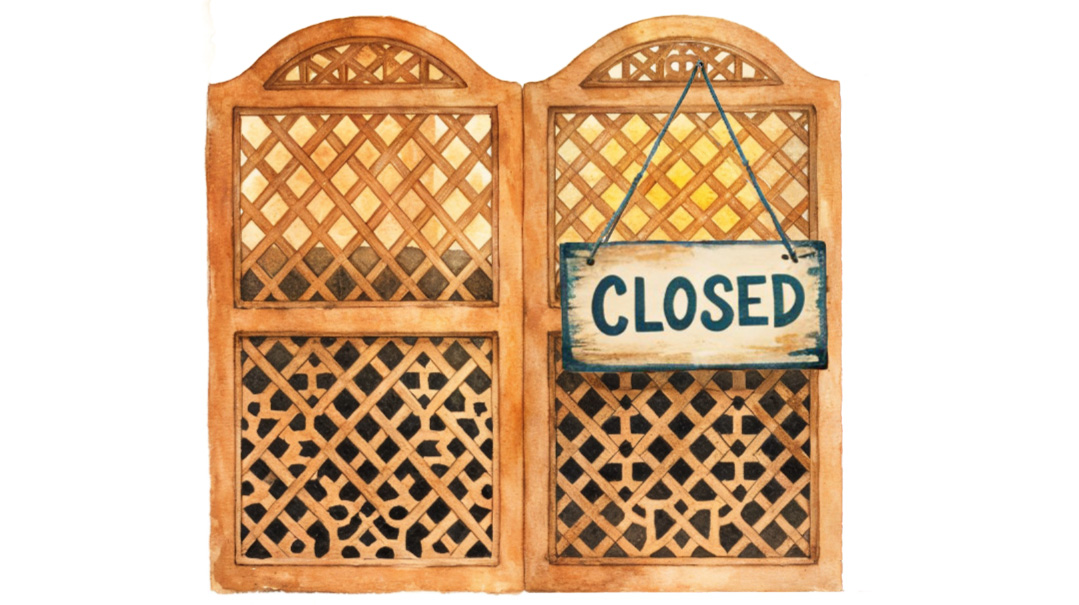Ambassador of the Past
| January 1, 2020As I signed form after form with that name Sara, I pondered this strange predicament that seemed to bring me full circle

Yesterday I did something I never thought I’d do.
I became a German citizen.
Before you start judging me, let me say this was done with the advice of our rav and with the best of intentions.
My husband had learned in a British yeshivah as a bochur, and our oldest now wanted to continue this tradition. But since my family only held American citizenship, the British didn’t want to give my son an opportunity to fill their growing immigration ranks with another divinity student, so they refused him a visa.
Our only recourse was to procure European Union citizenship and have him legally enter England that way.
My husband is a fourth generation American. I, on the other hand, am the child of “greeners,” as both my parents escaped Germany as children, managing to get to the United States just before Germany slammed its borders shut.
Technically I was entitled to German citizenship. Not that I thought it was an entitlement. I argued with my husband, called a lawyer, and even tried going down to the British embassy in Washington. No luck.
If my son was going to be able to learn in England, it would be through the German channel, not the English one.
I cringed as I filled out the paperwork. Recoiled as I made copies of my parents’ passports, the accursed Nazi emblem prominently displayed on the cover. I wept as I saw my grandparents’ signatures. Their handwriting was so familiar to me, having graced countless birthday cards and loving letters. Yet here, their perfect looped signature contained the added names of Israel and Sara. The Germans had decreed all Juden add these names to their own, their way of lumping us all together.
I’m named Sara after my great-grandmothers, both of whom perished through the hands of the beastly Third Reich. As I signed form after form with that name Sara, I pondered this strange predicament that seemed to bring me full circle.
Yesterday, the day of my naturalization process dawned bright and clear. To me it was shrouded with gloom. My husband agreed to accompany me to the embassy. I don’t know what I was expecting to find there, but I didn’t feel brave enough to look a German in the face alone.
As I entered the glass paneled building on Reservoir Road in Washington, D.C. with its many verandas and the black-eagled emblem proclaiming the Embassy of the Deutschland, I felt like I was going to be sick.
In the lobby, a receptionist directed me in perfect English to the floor I needed. Another receptionist greeted me there, also in flawless English. Were these people German? American? Why couldn’t I distinguish their origins in their features? Their accents? Their body language?
We went through security. I felt like the gates were locking behind me. My imagination wasn’t seeing metal detectors, it was envisioning cattle cars and barbed wire.
I spoke when spoken to, my words coming of their own accord. Punctually, exactly at the time of my appointment, I was shown into the room of the counselor’s naturalization representative.
The man’s name was Simon. Shimon? Simon? Had his grandfather beaten mine? Did he harbor a shared past with me?
(Excerpted from Family First, Issue 674)
Oops! We could not locate your form.













